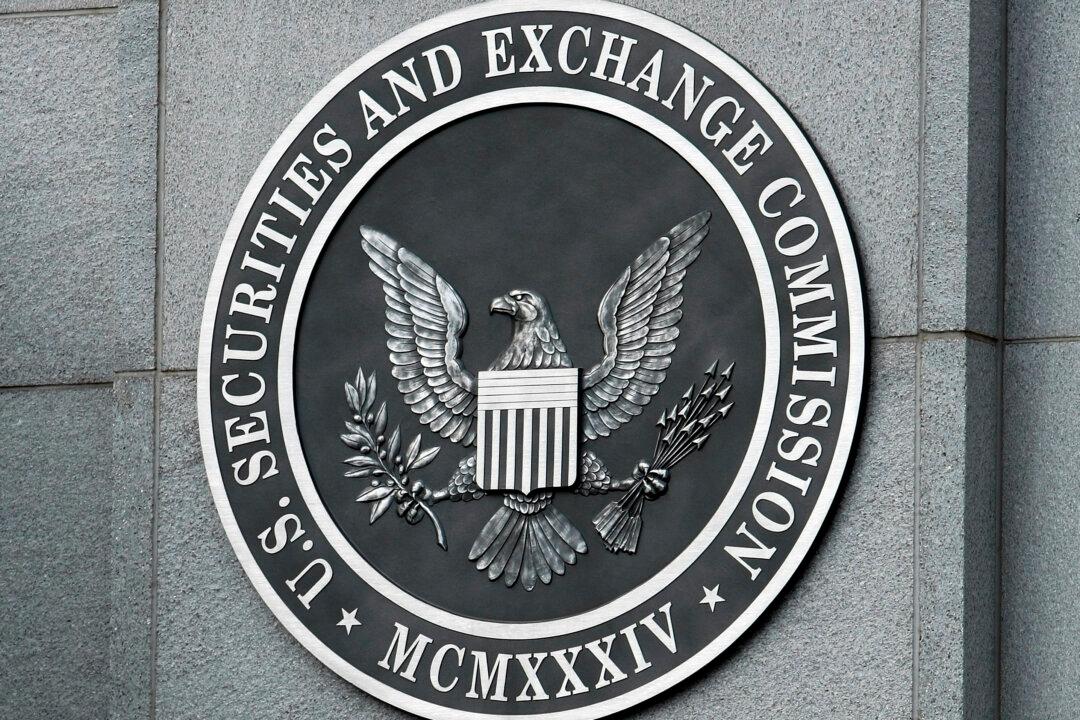A federal judge in Texas has vacated the U.S. Securities and Exchange Commission’s (SEC’s) contested Dealer Rule, declaring that the agency overstepped its authority in setting the rule, which required proprietary traders of government bonds and other securities to register as broker-dealers, subjecting them to stricter oversight.
The decision, handed down on Nov. 21 by Judge Reed O'Connor of the Northern District of Texas, marks the third significant SEC regulation overturned by courts in the past year or so, underscoring judicial resistance to the agency’s regulatory agenda under the Biden administration.





